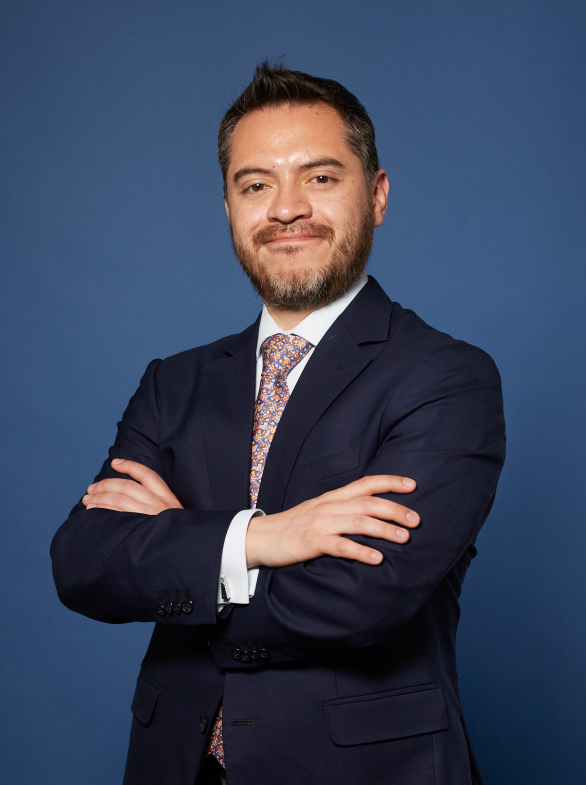Rodrigo Rios is the Head of the International Affairs Unit at COFECE, the Mexican Federal Economic Competition Commission. Rodrigo is Mexican, and works at Mexico City.
 Rodrigo Rios Dordelly, MPP
Rodrigo Rios Dordelly, MPP
This year marks my 10th anniversary working for the Mexican Competition Authority. During my time at this institution, I've come to understand that market competition is public policy. For Mexican households, especially those in the poorest regions, the competition among companies offering essential food products at competitive prices - such as beef, poultry, milk, flour, and corn tortillas - significantly impacts their well-being. When companies compete, consumers benefit in the form of lower prices for these basic products. However, when there is only one supplier dictating prices without facing pressure from other companies, consumers are negatively affected by higher costs or may even stop consuming the products altogether. Market competition plays a significant role in determining a person's nutrition, regional poverty rates, and a country's income inequality.
However, while the benefits of market competition are clear, it often clashes with other national policies. Governments may tend to favor local companies and resist foreign market entrants. Therefore, just like any other public policy, the competition policy requires understanding and support from relevant stakeholders for effective implementation.
This realization led me to pursue a Master of Public Policy at the LSE. The MPP program offers a unique opportunity to take courses taught by professors with extensive experience in public service. These professors have been actively involved in policymaking, serving in the Ministries of Finance, and Ministries of Foreign Affairs, and representing their countries at gatherings such as the G-20, IMF, WB, and the OECD. Through interacting with these experienced professors, I've gained a deeper understanding of the political context of policymaking and learned how to effectively present a case using simple language to gain support for a policy from relevant stakeholders.
During my time studying for my Master's at the LSE, I found the diverse mix of people in my cohort to be the most remarkable aspect. Interacting with colleagues from over 30 countries, each with different backgrounds and professional experiences, was crucial in understanding the successes and failures of diverse policies worldwide. Having the opportunity to listen to different perspectives and ideas was a privilege and enabled me to learn various approaches to addressing social needs.
Being part of such a diverse cohort fully prepared me for my new role at the Mexican Competition Commission. Immediately after finishing the MPP, I returned to Mexico to take on the position of Head of the International Affairs Unit at the Commission. In this role, I represent the Commission at international forums such as the OECD Competition Committee in Paris (conformed by more than 30 countries) and at the International Competition Network (which includes more than 100 competition authorities).
Thanks to the skills and experience gained at the MPP, I feel well-prepared to communicate to international antitrust and competition professionals what Mexico can offer in understanding an increasingly global economy and how to promote competition in every country. I will always be proud to be a part of LSE and grateful for how it has better prepared me to promote policies that result in tangible benefits for households worldwide. For all of those students graduating this year, always remain in contact with your colleagues and faculty: they have always been willing to provide me with great professional advice and will remain as my friends and mentors.
Rodrigo is happy to connect on LinkedIn.